Katie Tanner, a human resources consultant in Utah, posted what she thought was a great job: a fully remote tech job requiring only three years of experience. She was prepared for a flood of applications, but what happened next was beyond anything she could have imagined.
In the first 12 hours, 400 applications poured into her LinkedIn account. After 24 hours, that number was 600. A few days later, when the number of applications exceeded 1,200, she was forced to take down the post in shock. Three months later, Tanner is still struggling through the sea of applications to find a suitable candidate.
“It was crazy,” she said. “I was completely overwhelmed with applications.”
Tanner’s story is not an isolated incident, but a typical slice of what Hung Lee, a former recruiting expert, calls a “candidate tsunami” sweeping the global labor market. The main cause is the explosion of generative AI tools.
The world's largest job platform, LinkedIn, has seen a more than 45% increase in job applications in the past year alone, with an average of 11,000 applications submitted every minute.
With just a few simple commands, tools like ChatGPT can create a resume and cover letter stuffed with keywords from the job description, fooling automated screening systems. More sophisticated, many candidates pay “AI agents” to automatically search and apply to hundreds of jobs on their behalf.
As a result, recruiters are drowning in a sea of confusion. Not only are they overwhelmed by the number of candidates, but they also have a hard time distinguishing between the truly competent candidates, the ones who are truly passionate about the position, and the ones who are just AI clones.
The world's largest job platform, LinkedIn, has seen a 45% increase in job applications in the past year alone, with an average of 11,000 applications submitted every minute (Photo: LinkedIn).
The "AI vs. AI" arms race
Faced with the storm of AI-generated profiles, businesses are not sitting still. They are responding with the enemy’s own weapon: Artificial Intelligence. A quiet but fierce technological arms race has begun.
Many large companies are deploying automated interview chatbots or video interviews that are completely analyzed by AI. Chipotle CEO Scott Boatwright revealed that their AI interview screening and scheduling tool, called “Ava Cado,” has reduced hiring time by up to 75%. Video interview platform HireVue goes even further, allowing employers to use AI to score and rank candidates based on analysis of answers, expressions, and body language.
However, "thick orange peel has sharp nails". Candidates also quickly found ways to "hack" the system. They used other AI tools to provide sample answers, analyze the questions of the AI interviewer, and even create deepfake videos to cheat.
This forces companies to constantly upgrade their “weapons.” HireVue has added game-based skills tests to assess pattern recognition and memory, or “virtual job auditions” to test emotional intelligence and practical skills like counting change. “Sometimes we get into AI vs. AI situations,” Hung Lee said.
The danger goes beyond fake applications
The problem isn’t just that AI-generated resumes are poorly written. A bigger and more alarming threat is emerging: fake applicants.
In January, the U.S. Justice Department indicted a sophisticated scheme to get North Korean IT professionals to work remotely at hundreds of U.S. companies under false identities. Emi Chiba, a human resources technology analyst at consulting firm Gartner, said reports of applicants using fake identities are on the rise.
A Gartner report released in April made a shocking prediction: by 2028, a quarter of all job applications on the market could be fake. The report recommended that companies urgently deploy more advanced identity verification software to protect themselves.
Platforms like LinkedIn are also stepping in to address the crisis. They have launched new AI tools to help both sides filter more efficiently. An “AI agent” launching in October 2024 can help recruiters write response messages, screen candidates, and suggest potential profiles.
On the candidate side, a paid feature that allows them to see how well their profile matches the job requirements is said to have helped reduce applications to “inappropriate” positions by 10%.
Legal minefields and endless loops
The misuse of AI in recruiting also creates a huge legal minefield. The biggest concern is algorithmic bias. AI can unintentionally learn pre-existing prejudices from historical data, leading to discrimination against certain groups of candidates based on gender, race or age.
The European Union (EU) has classified the hiring process as “high risk” in its AI Act, tightening oversight and transparency requirements. In the US, while there is no federal law specifically addressing AI in hiring, existing anti-discrimination laws could still apply if the algorithm produces biased results.
“The law does not allow discrimination, but it's easier said than done,” warns attorney Marcia Goodman, who often represents employers.
Ironically, recruiters themselves are contributing to this cycle of chaos. According to Alexa Marciano, CEO of recruitment firm Syndicatebleu, it’s natural for candidates to overuse AI when they learn that employers are also relying on automated screening tools. “They spend a lot of time writing thoughtful, polished cover letters,” she says, “and then realize that no one actually reads them.”
Jeremy Schifeling, a career coach, believes this cycle will continue. As candidates become increasingly frustrated with rejections from automated systems, they will be more inclined to spend money on automation tools. In response, employers will continue to upgrade their AI “guards.”
He believes the end point of this war must be “authenticity” on both sides. But he also bitterly admits: “Before we get to that point, there will be a lot of people wasting time, resources and money.”
The 2025 job market is in the eye of a storm, and both candidates and employers are learning how to keep from getting swept away.
Source: https://dantri.com.vn/kinh-doanh/ai-viet-cv-va-cuoc-chien-gianh-viec-lam-thoi-40-20250704141030688.htm


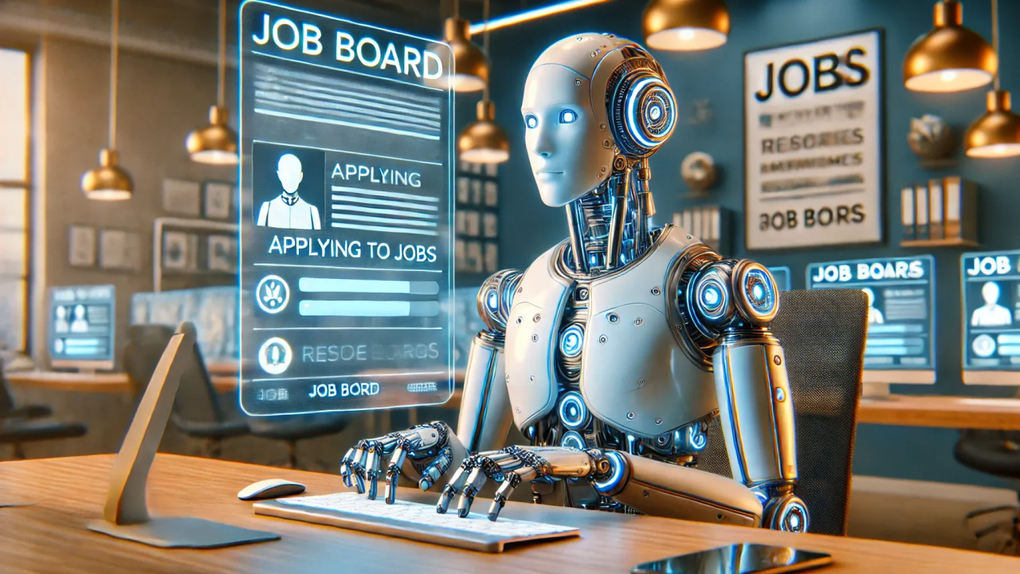









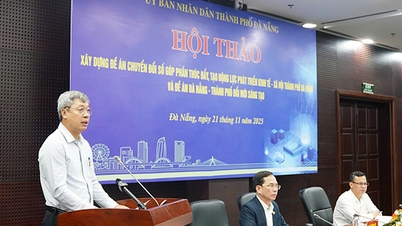






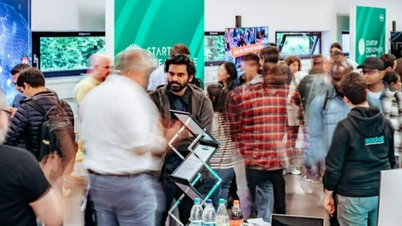
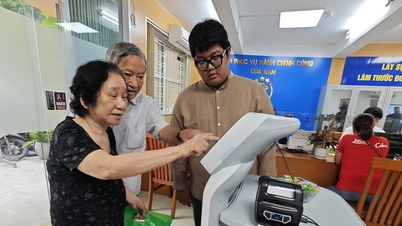
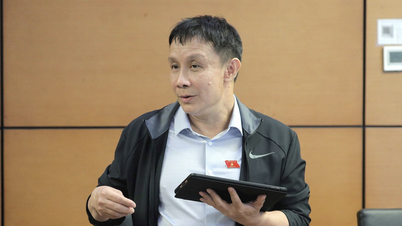

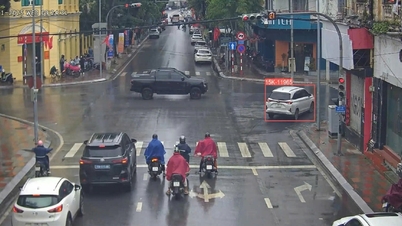

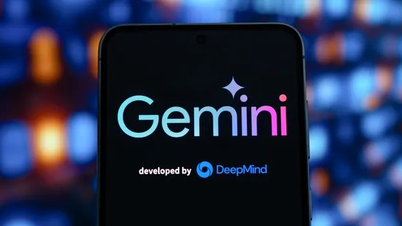

















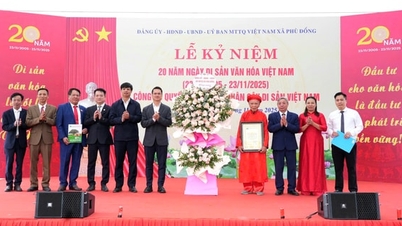







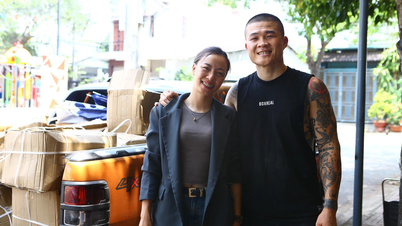


































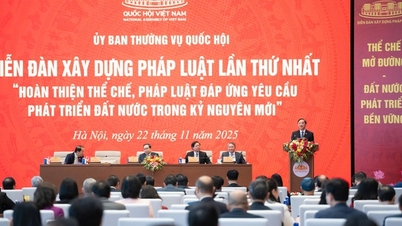


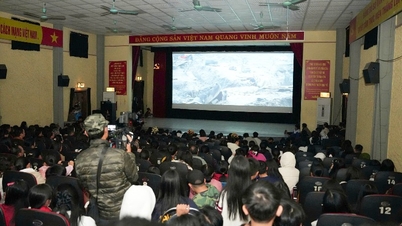






















Comment (0)